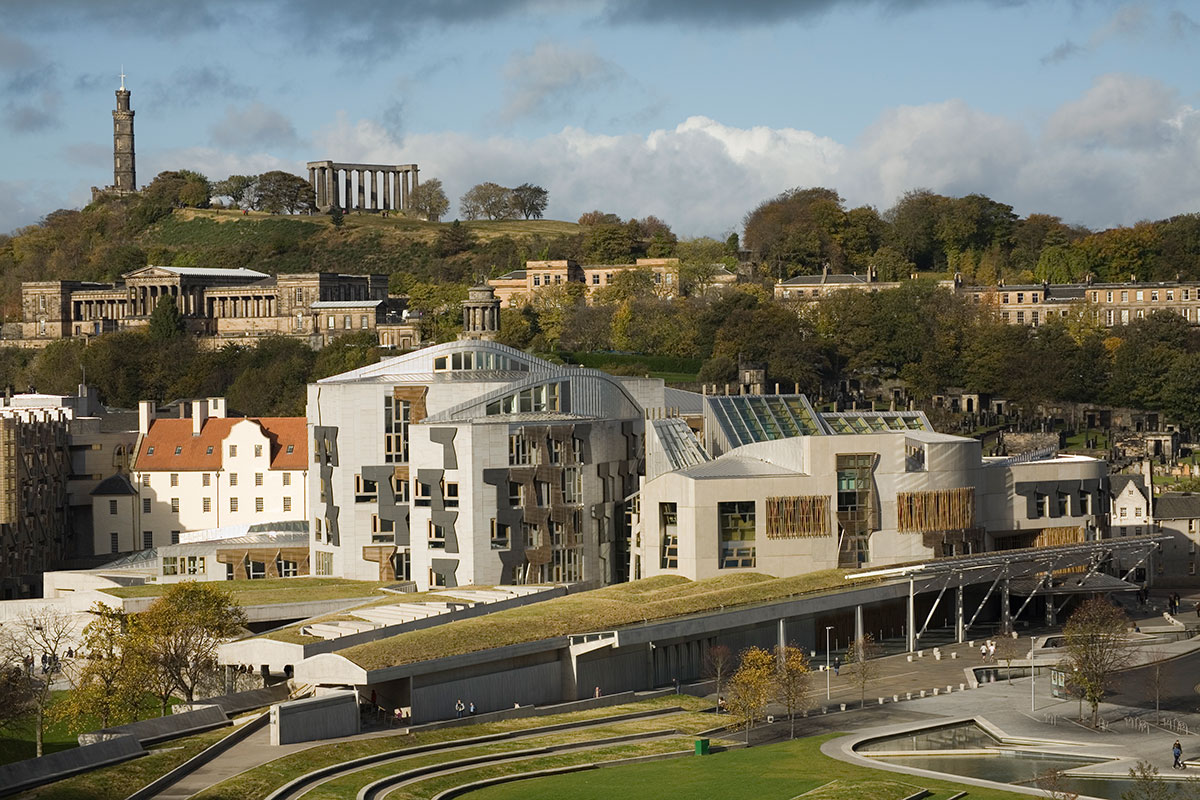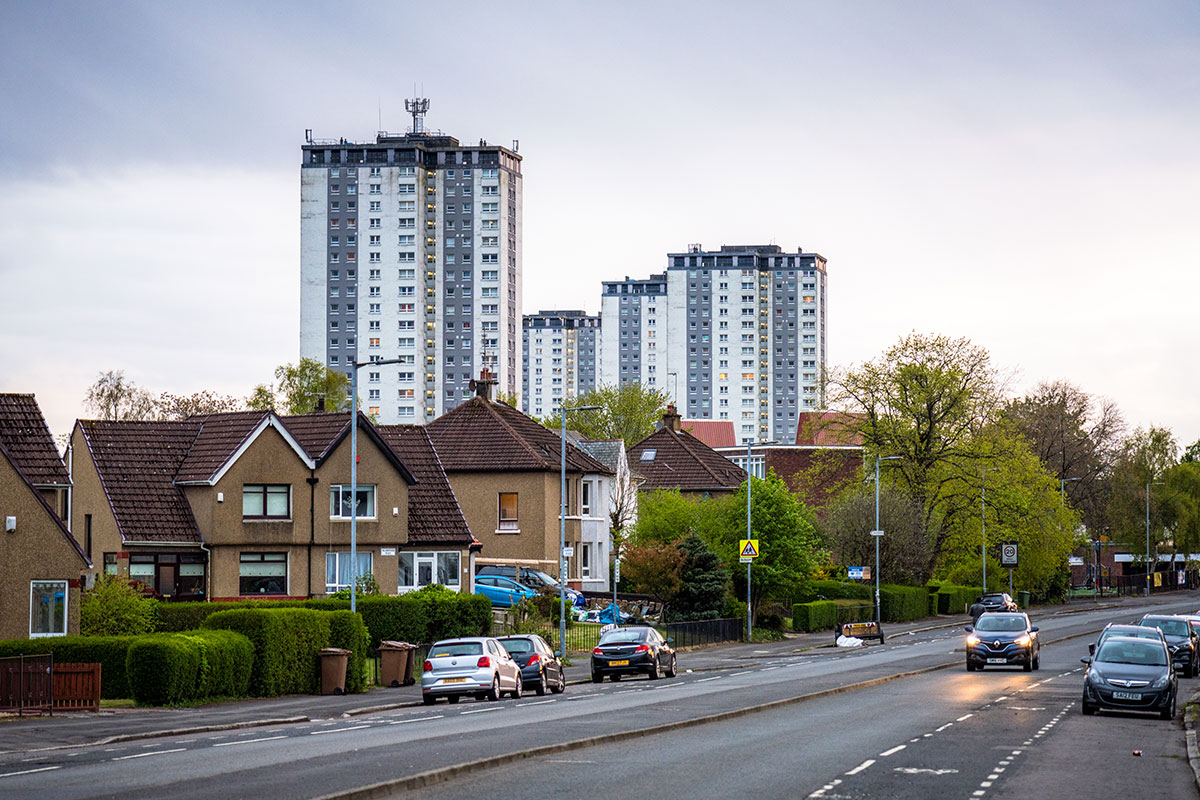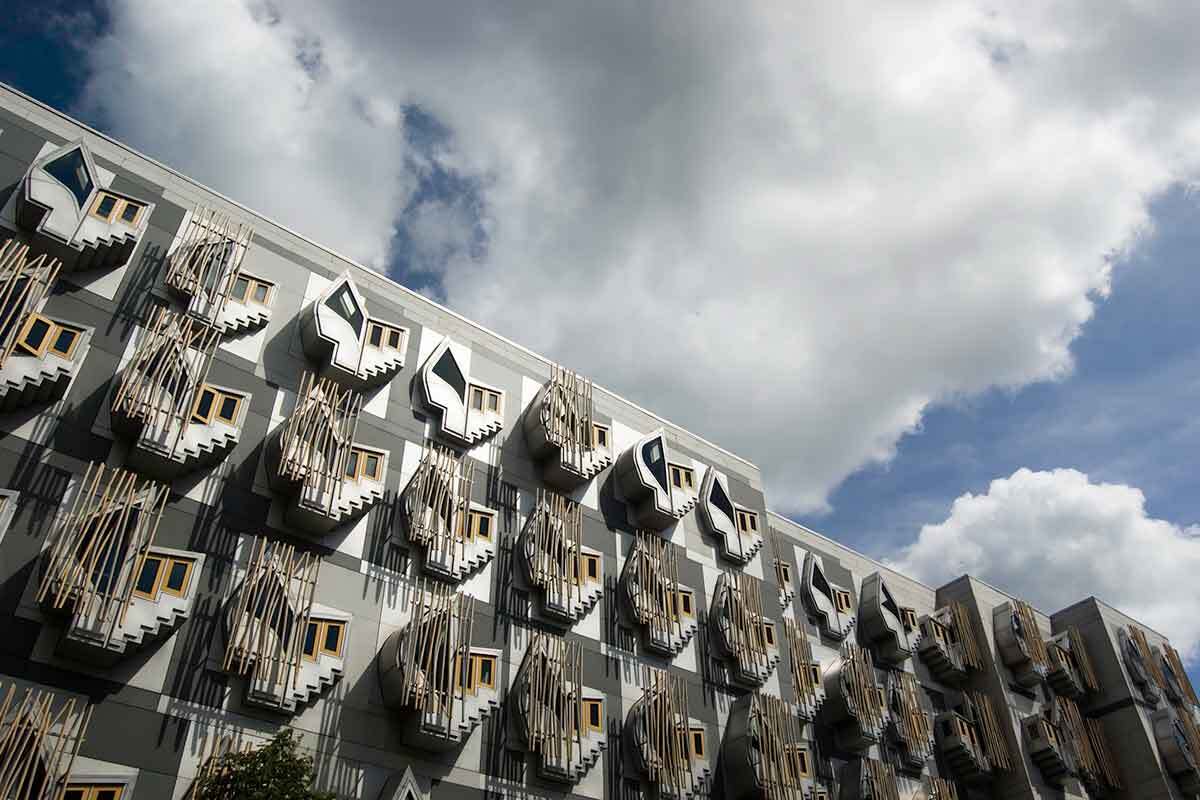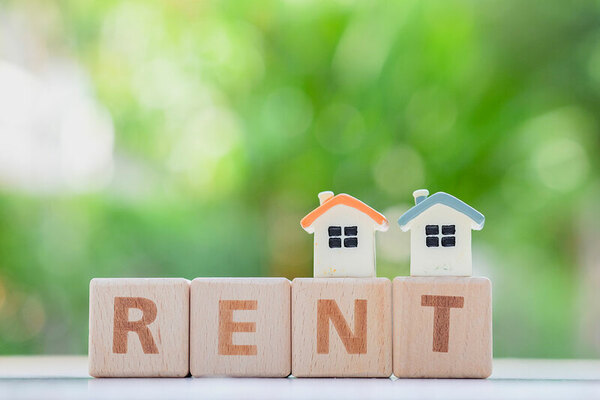You are viewing 1 of your 1 free articles
Scottish parliament passes emergency rent freeze legislation
The Scottish parliament has passed emergency legislation designed to protect tenants hit by the cost of living crisis that will freeze rents until at least the end of March 2023.
The Cost of Living (Tenant Protection) Bill was passed by the government in Scotland last week. It provides temporary powers to cap social and private rents, and introduces an eviction ban.
The 0% rent cap, which applies to in-tenancy rent increases only, can be extended over two further six-month periods at ministers’ discretion under the new temporary legislation.
The enforcement of eviction actions stemming from the cost of living crisis are being prevented over the same period except in a number of specified circumstances.
At the same time, damages for unlawful evictions have been increased to a maximum of 36 months’ worth of rent.
The Scottish government said the temporary legislation “balances the protections that are needed for tenants with some safeguards for landlords”, who may also be impacted by the cost crisis.
“I am pleased that parliament has passed this bill to support tenants through the current cost of living crisis,” said Patrick Harvie, Scotland’s tenants’ rights minister.
“People who rent their home are more likely to live in poverty or be on low incomes than other people, and many will be anxious about keeping up payments on their homes as their everyday expenses rise.”
Mr Harvie added: “With this bill now set to become law, tenants in the social or private rented sector, or in student accommodation, will have stability in their homes and housing costs.”
The Scottish Federation of Housing Associations (SFHA) has opposed the freezing of rents in the social sector.
Sally Thomas, chief executive of the SFHA, described the decision as “unnecessary and likely to be counterproductive”.
She said: “We will continue to make the case as to why this legislation must not continue after 31 March 2023. A rent freeze beyond this date would threaten our members’ ability to build, improve and maintain existing homes and deliver vital support services to tenants.”
Housing charity Shelter Scotland said that it broadly welcomes the passage of the bill, but warned that it contains three loopholes that would still allow for tenants to be evicted over “relatively modest” rent arrears.
Two of these relate to provisions allowing for tenants to be made homeless if a landlord or mortgage lender decides to sell a home.
The third relates to an exemption to the eviction ban for social tenants with arrears of more than £2,250.
The loopholes remain in the final legislation despite opposition MSPs lodging 101 amendments to the bill during its fast-track passage this week.
Gordon MacRae, assistant director (communications and advocacy) at Shelter Scotland, said that the charity “wants this emergency legislation to work for those most at risk of losing their home”.
“We know that the cost of an eviction in the social sector can be around £24,000,” he said. “So, it makes little sense to set the exemption at a level of rent arrears well below that at which most social landlords would take a tenant to court.”
Mr MacRae added that private tenants must not face homelessness “when they have paid their rent, but their landlord has fallen on hard times”.
“During this emergency period sales of properties by landlords or lenders should only be permitted with the tenant remaining in their home,” he said.
John Blackwood, chief executive of the Scottish Association of Landlords, claimed that the Scottish National Party and the Green Party had “put political rhetoric ahead of achieving real improvements” in Scotland’s housing sector.
“Rushed, ill-thought-out legislation such as eviction bans and a rent increase freeze plus mortgage interest rate rises are all making it harder than ever to be a landlord in Scotland,” he said. “The government is causing, or at the very least exacerbating, a housing crisis.”
Sign up for our Scotland newsletter
Already have an account? Click here to manage your newsletters












